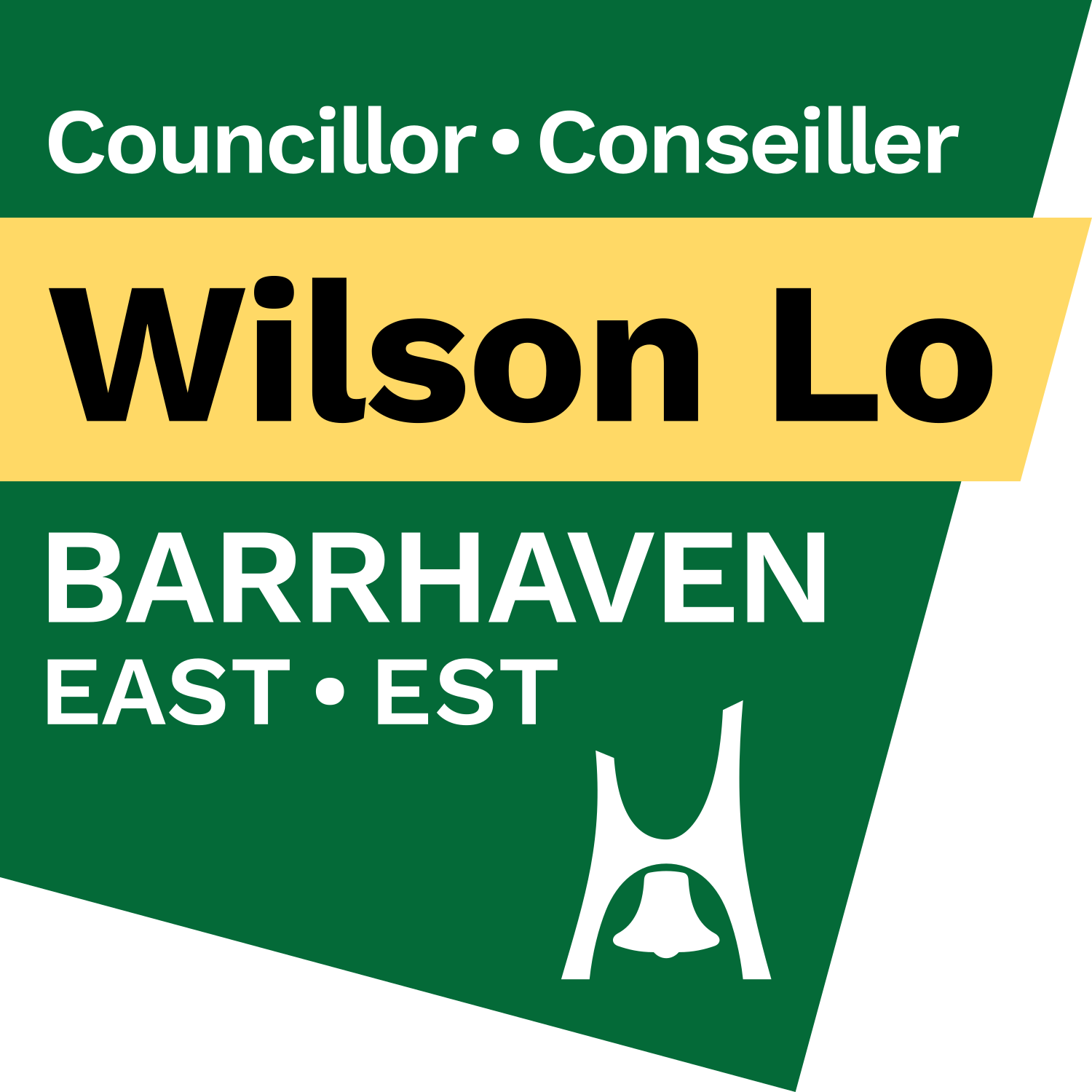Council updates: June 28, 2023
Council approved the Ottawa Paramedic Service’s investment plan for 2024 to 2026, to address the current urgent need for more paramedics. The City will hire 14 new paramedics as soon as possible this year, to be funded from the tax stabilization reserve fund.
Over the next three budget cycles, the City will add 23 new paramedics and two new emergency vehicles each year. Additionally, the City will consider adding another 17 new paramedics and one new emergency vehicle each year over the next three budget cycles (for a total of 51 full time equivalents) to address hospital offload delay, subject to the confirmation of provincial and local hospital funding.
The Mayor will engage with the Province and local hospitals to fund 100 per cent of these positions to reduce the burden on Ottawa taxpayers to resolve hospital offload delay, which is a Provincial responsibility.
The investment plan supports the Ottawa Paramedic Service’s annual report for 2021 and 2022 which emphasized a steady increase in service demand in recent years. This is due to many factors, including significant increases in emergency vehicle response volume, excessive time spent in offload delay at local hospitals, pressures due to COVID-19 and the overall state of the healthcare system. Response volume has increased by unprecedented increments, surpassing its pre-pandemic state, and continues to grow mainly due to population growth, an aging patient demographic and more complex medical conditions.
In 2021 and 2022, the Ottawa Paramedic Service did not meet the target response time for the most urgent priority calls. Paramedics are also having to wait far too long at hospital emergency departments to transfer patient care to hospital staff. In 2022, paramedics spent more than 93,000 hours in offload delay resulting in, on average, about 512 hours of paramedic time lost per day, or 42 staff per day.
Council also received an update on the Urban Forest Management Plan’s work plan for the next four years. The City will focus on tree planting and maintenance, as well as community outreach and engagement. This includes a new strategy to achieve 40 per cent urban canopy cover in Ottawa by proactively planting trees in urban neighbourhoods where they are most needed. To address some of the challenges and lessons learned from extreme weather, the City will create two new full-time equivalent positions to advance the plan and will consider further resource requirements through annual budget processes.
Council approved amendments to the Use and Care of Roads By-law that will provide residents and businesses the opportunity to undertake gardening projects, install free library boxes, and have pop-up retail display and vending options within the City’s right of way, without a permit requirement. The amended by-law allows for specified gardening activities and the installation of a free library box within the right of way, directly abutting a residential property, as well as pop-up retail display and vending opportunities within in the right of way when abutting commercially zoned properties in serviced villages and urban areas.
Council also tabled its proposed 2023-2026 Term of Council Priorities. New priorities will provide a clear vision of Council’s goals for the next four years and help direct staff’s focus for the Term of Council. The four focus areas look to create a city that:
Has affordable housing and is more liveable for all
Is more connected with reliable, safe and accessible mobility options
Is green and resilient
Has a diversified and prosperous economy
The new priorities will be aligned with the City’s budget process and long-term master plans. Council will consider its priorities during the Council meeting on Wednesday, July 12.


